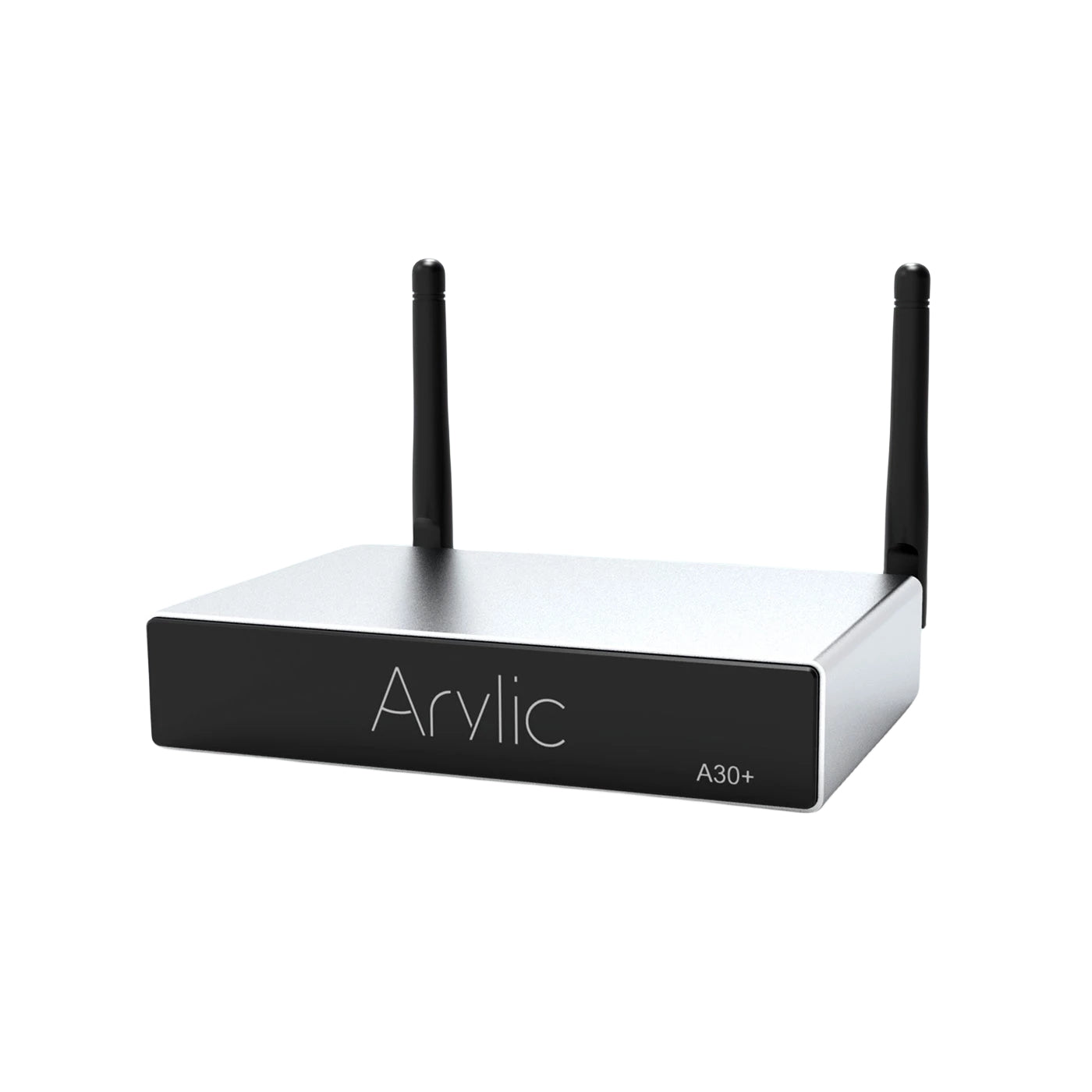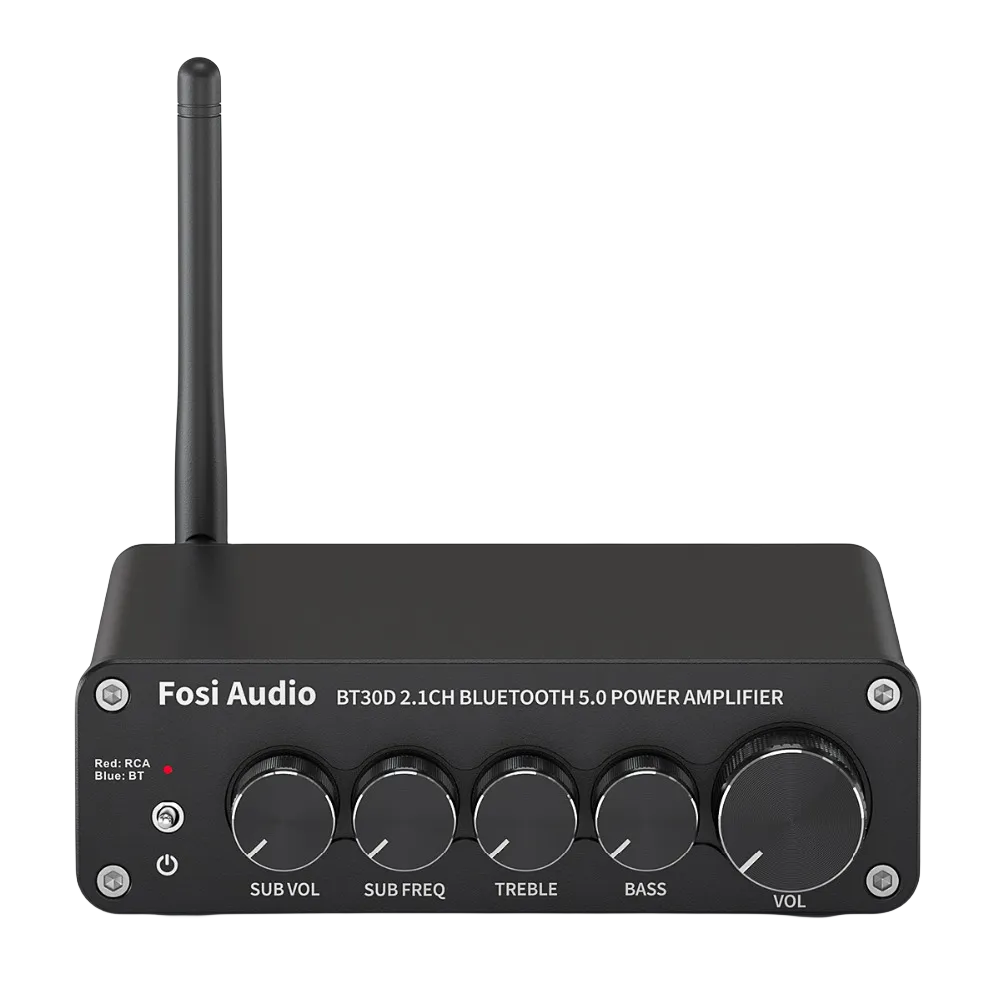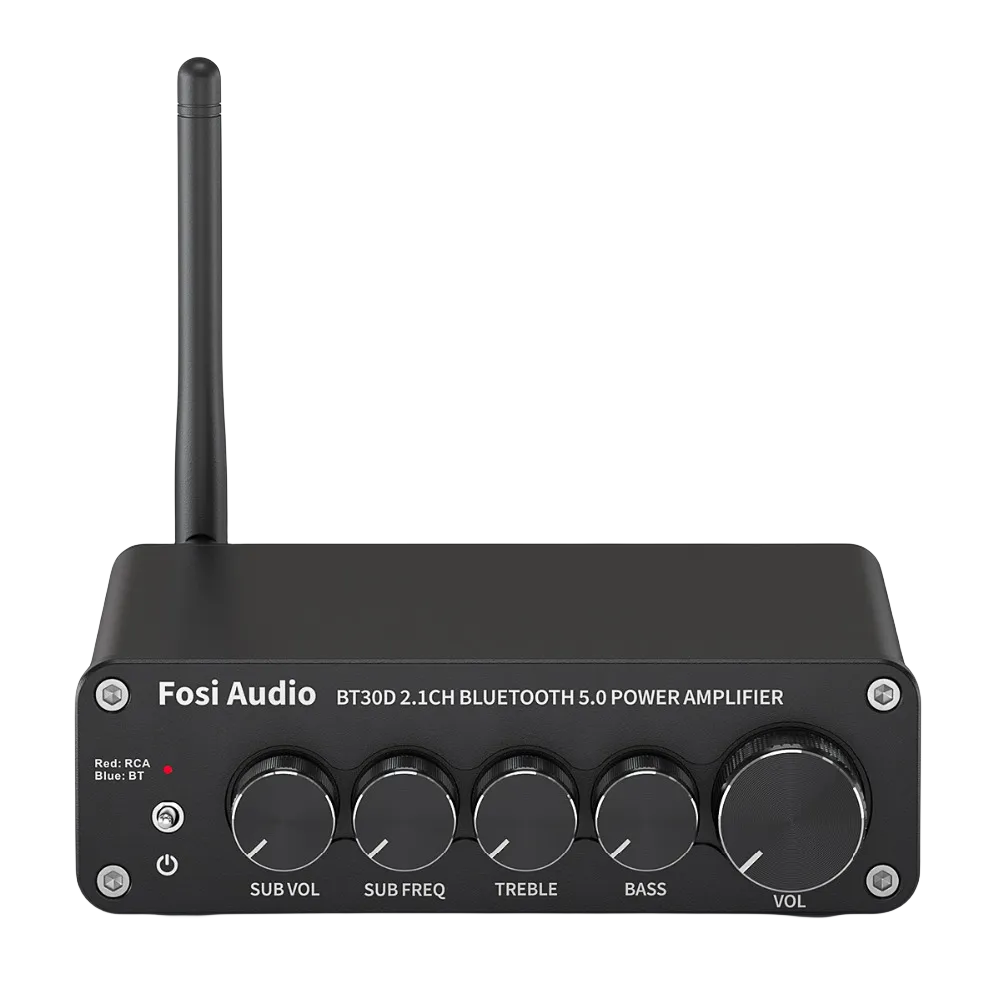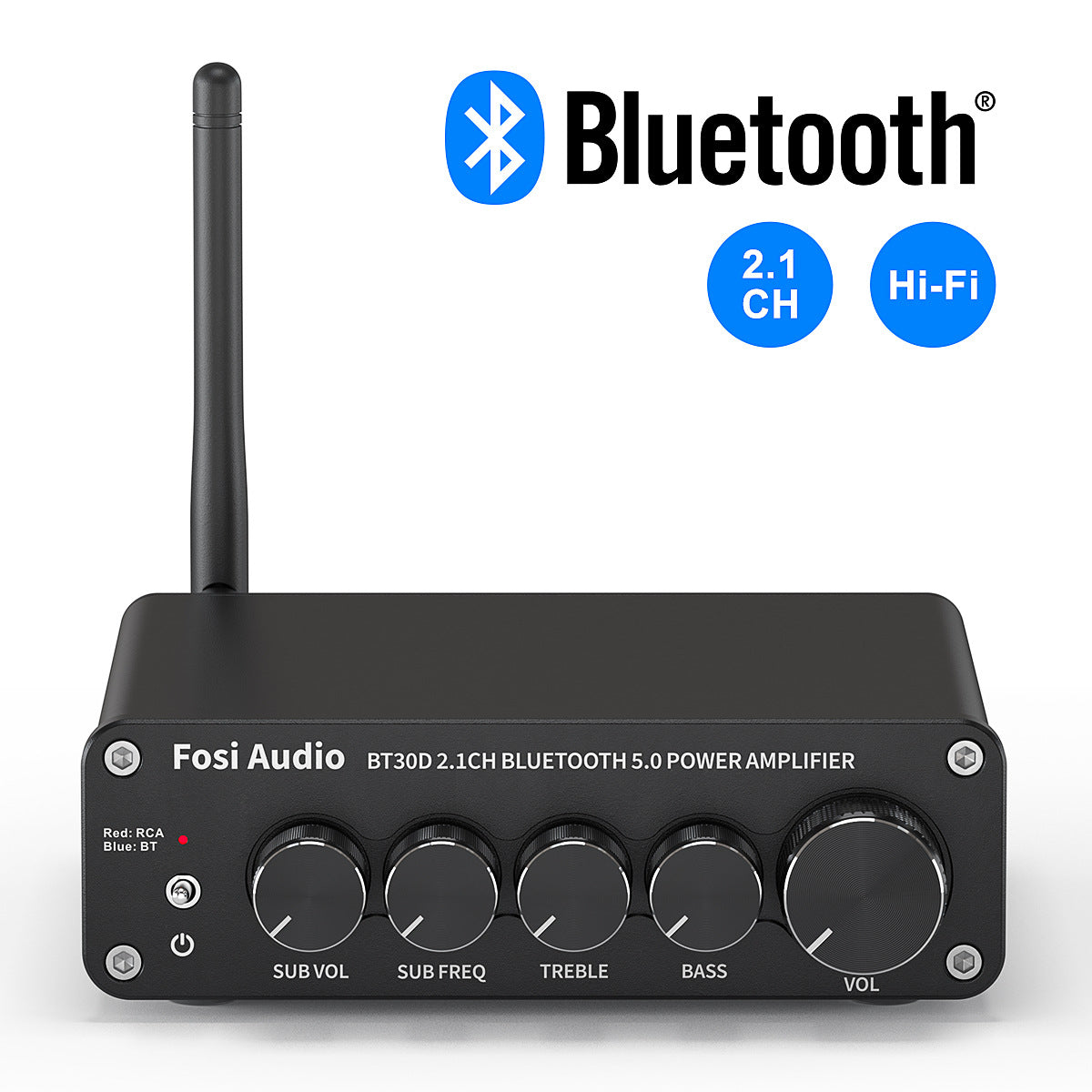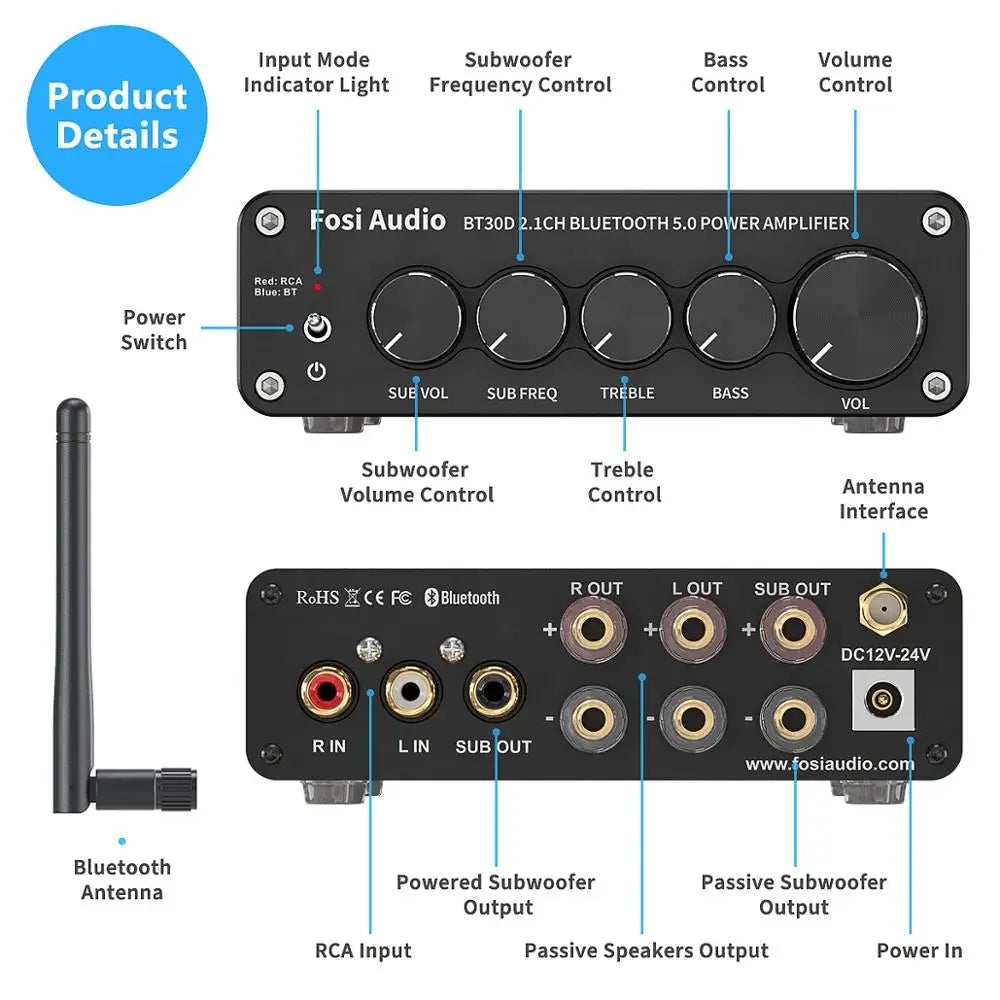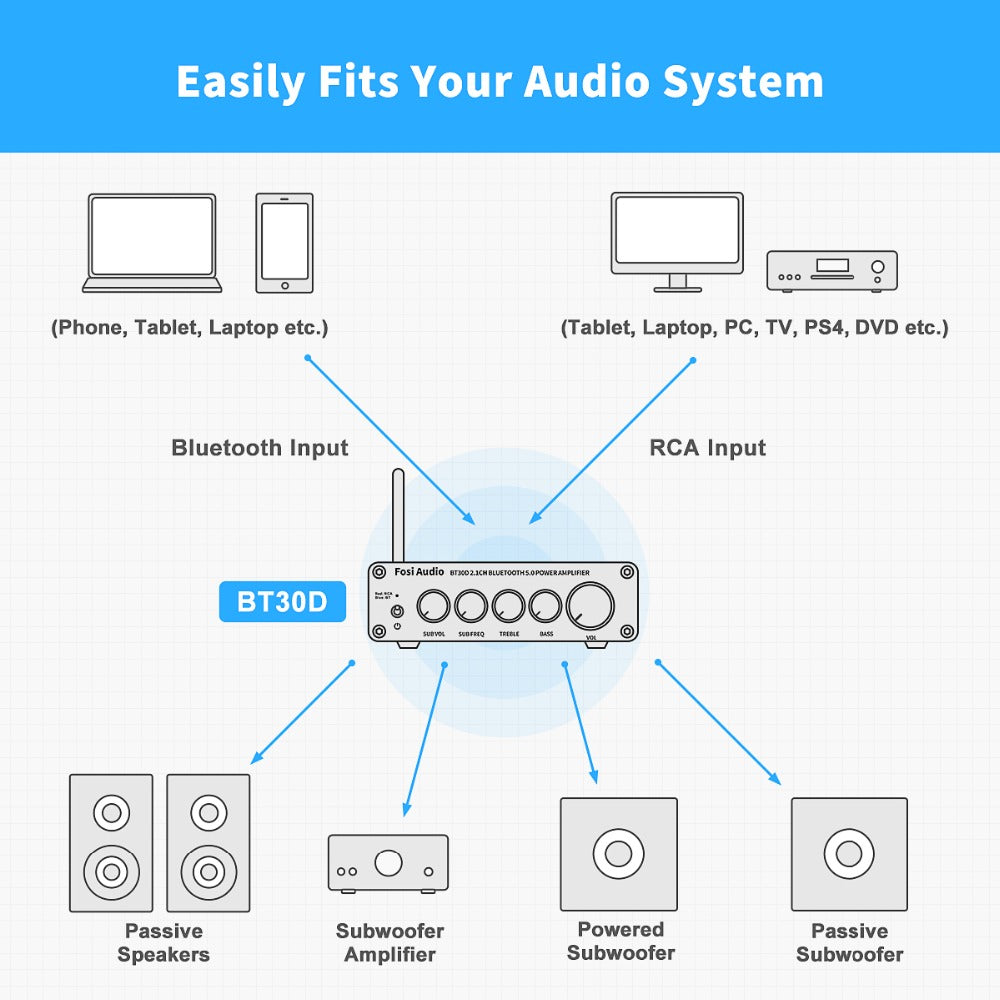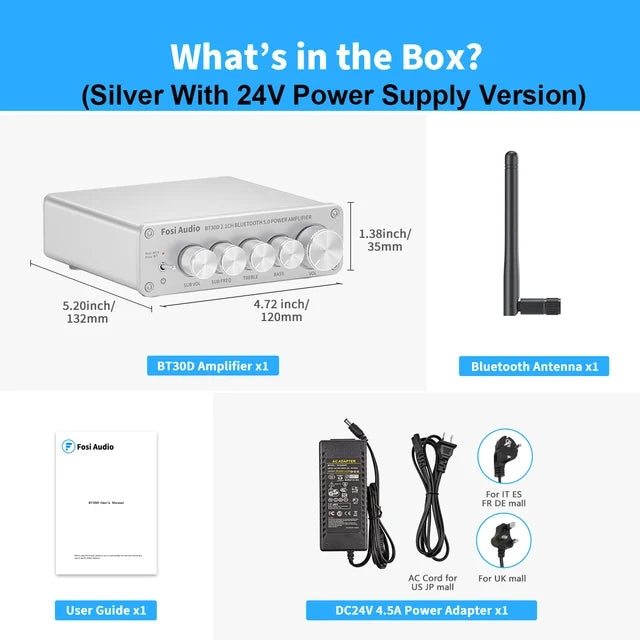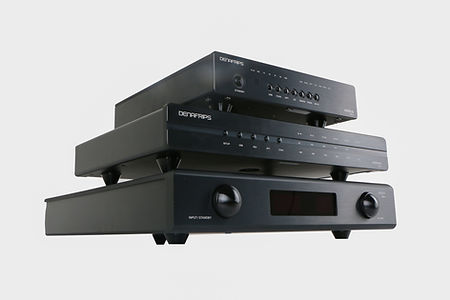
Stereo Amplifier Lifespan and Maintenance Tips
Share
Introduction to Stereo Amplifiers
A stereo amplifier is a critical component in an audio system, responsible for amplifying audio signals from sources such as CD players, turntables, or computers, and then outputting the sound through speakers. A stereo amplifier handles two separate audio channels (left and right channels), which is why it is referred to as "stereo." Whether in home audio systems, music studios, or high-end audio setups, the stereo amplifier is central to enhancing sound quality and overall listening experience.
Lifespan of a Stereo Amplifier
Like any electronic device, the lifespan of a stereo amplifier is influenced by several factors. High-quality amplifiers can last for 10 years or more, but poor usage and maintenance practices can shorten their lifespan. The longevity of an amplifier largely depends on the durability of its internal components, such as transformers, capacitors, transistors, and cooling systems.
Factors Affecting the Lifespan of a Stereo Amplifier
1.Overheating
Stereo amplifiers generate heat during operation. If cooling is inadequate or the environmental temperature is too high, internal components may age prematurely or get damaged. Components like capacitors and resistors are particularly vulnerable to temperature fluctuations.
2.Unstable Power Supply
The quality of the power supply directly affects the amplifier's performance and lifespan. Power surges, unstable voltage, or frequent power cycling can damage the internal circuits, causing components to degrade or fail earlier than expected.
3.Excessive Usage and Overload
Playing at excessively high volumes or operating under heavy load for extended periods can put unnecessary stress on the amplifier’s internal circuits, reducing its lifespan. Prolonged high-power output can lead to overheating or circuit damage.
4.Adverse Environmental Conditions
Exposure to humidity, dust, corrosive gases, or extreme temperatures can damage both the exterior and internal components of the amplifier. Dust and moisture can penetrate the circuit board, potentially causing short circuits or electrical failures.
5.Lack of Regular Maintenance and Inspection
Components like capacitors and batteries have a limited lifespan. If not regularly checked and replaced, the amplifier’s performance may degrade, leading to reduced sound quality or operational failures.

How to Maintain a Stereo Amplifier and Extend Its Lifespan
1.Ensure Proper Ventilation
Ensure that the amplifier has sufficient space around it for proper airflow. Avoid placing it in enclosed spaces. Keep the surface clean and regularly clear the ventilation holes of dust. Consider using additional cooling solutions like heat sinks or fans, especially during hot weather or in high-temperature environments.
2.Use a Voltage Stabilizer
Invest in a voltage stabilizer or surge protector to avoid damage from power fluctuations. Avoid plugging the amplifier directly into an unstable outlet, and turn off the amplifier when the power supply is unstable.
3.Avoid Overloading the Amplifier
Do not keep the volume at excessively high levels for long periods. Extended high-power operation can overheat the amplifier. Adjust the volume to moderate levels, and give the amplifier time to cool down during extended use.
4.Maintain a Dry and Clean Environment
Keep the amplifier in a dry environment, and avoid placing it in humid areas. Regularly clean the surface of the amplifier to prevent dust buildup. For high-end amplifiers, periodic internal cleaning can be beneficial, but be careful not to damage any internal components during the process.
5.Regular Inspections and Maintenance
Regularly check the amplifier’s power cables, connection wires, and ports to ensure they are in good condition. For older amplifiers, consider replacing aging components like capacitors to maintain optimal performance and extend the amplifier’s lifespan.
6.Avoid Frequent Power Cycling
Frequently turning the amplifier on and off can damage its circuits. Do not power it on when it has not fully cooled down. If you do not plan to use the amplifier for a long time, it’s a good idea to turn it off completely and unplug it.
Conclusion
Stereo amplifiers are essential components of audio systems, and their lifespan is influenced not only by the quality of the product but also by usage habits and maintenance practices. By following proper usage and maintenance routines, you can extend the lifespan of a stereo amplifier, ensuring it continues to deliver optimal performance for many years.
